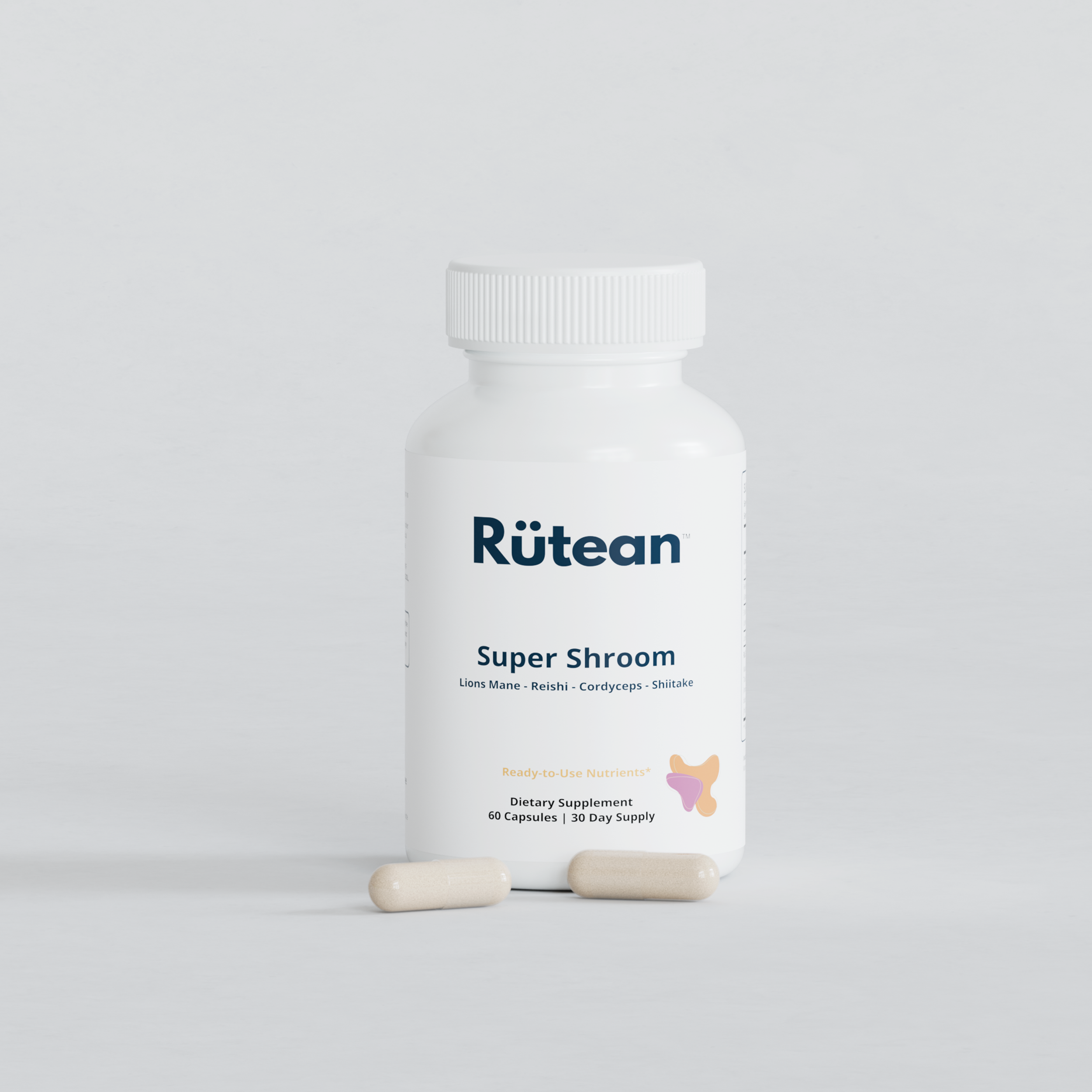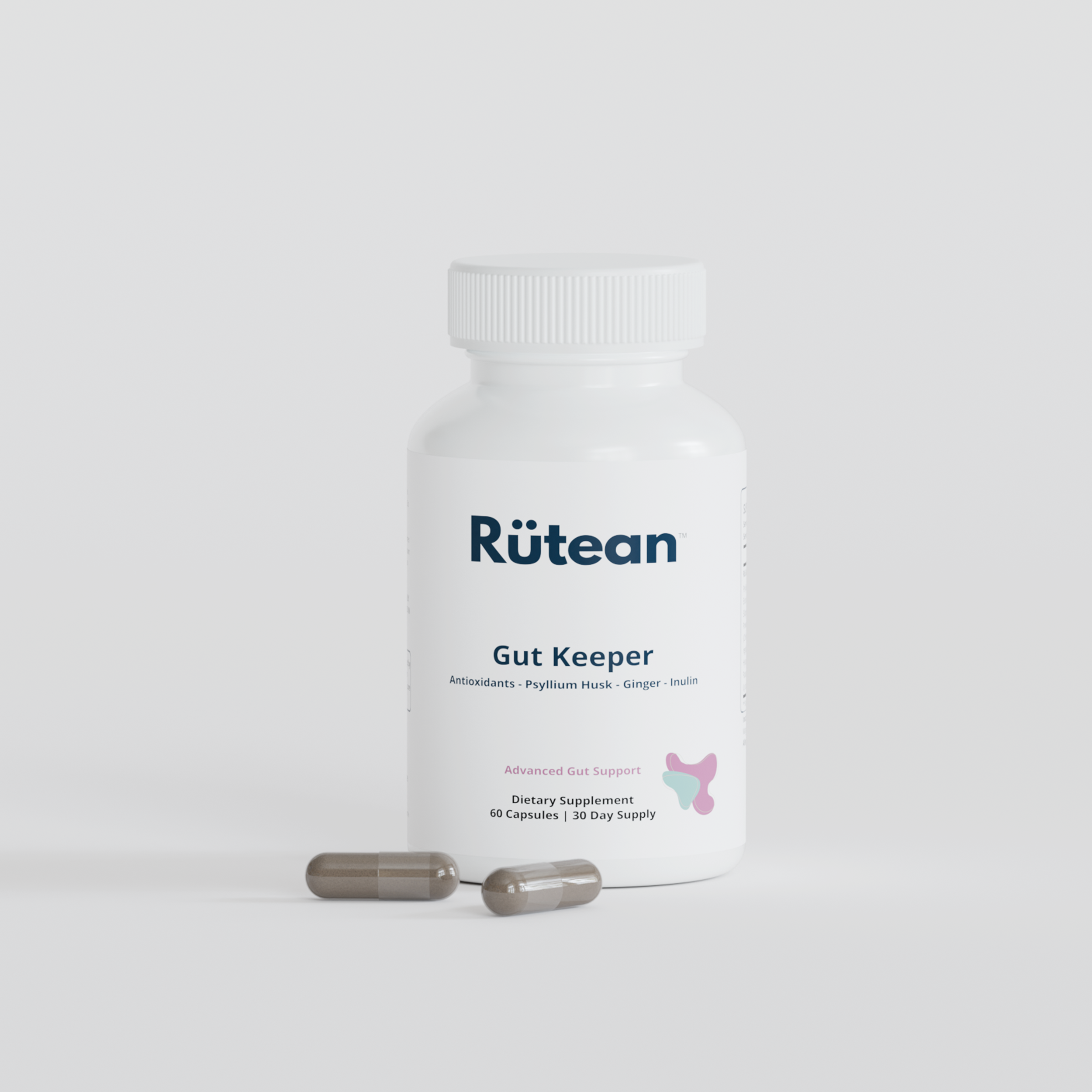In today's fast-paced world, stress has emerged as a predominant challenge. Many turn to solutions for relief, and while there are both synthetic and natural options available, the debate over their efficacy and safety continues. As a company that values nature's wisdom, we firmly believe in the unparalleled benefits of natural solutions. Let's dive deeper into the world of stress relievers, comparing natural and synthetic methods, to provide a well-rounded understanding.
Stress in the Modern Era
The surge in chronic stress, if left unchecked, can pave the way for various health issues, from sleep disturbances to cardiovascular diseases[1]. Now, more than ever, we need effective and safe remedies.
Nature's Gift: Natural Stress Relievers
Advantages:
- Gentle on the System: Natural stress relievers - like Ashwagandha or Valerian root - are typically gentler, boasting fewer side effects[2].
- Holistic Healing: They address the root causes of stress, leading to long-term well-being.
Disadvantages:
- Time: While holistic, natural remedies might sometimes require more time to manifest visible results[3][4].
Synthetic Stress Relievers: Modern Science's Approach
Advantages:
- Quick Results: They often provide faster relief from symptoms[5]
Disadvantages:
- Side Effects: Synthetic solutions might come with a range of side effects[6].
- Dependency Risks: Some synthetic stress-relievers can lead to dependency issues.
- Long-Term Health Concerns: Continuous use might pose long-term health risks.
The Best Path Forward
While synthetic options might offer quick relief, the beauty of natural stress relievers lies in their holistic approach, promoting overall wellness without jeopardizing health in the long run. Especially for those who prefer a lifestyle aligned with nature, herbal and holistic solutions are the way to go.
References
1- McEwen, B. S. (2008). Central effects of stress hormones in health and disease: Understanding the protective and damaging effects of stress and stress mediators. European Journal of Pharmacology
2- Sarris, J., & Byrne, G. J. (2011). A systematic review of insomnia and complementary medicine. Sleep Medicine Reviews.
3- Lakhan, S. E., & Vieira, K. F. (2010). Nutritional and herbal supplements for anxiety and anxiety-related disorders: a systematic review. Nutrition Journal.
4- NCCIH. (2019). Complementary, Alternative, or Integrative Health: What's In a Name?. National Center for Complementary and Integrative Health.
5- Bandelow, B., et al. (2015). Efficacy of treatments for anxiety disorders: a meta-analysis. International Clinical Psychopharmacology.
6- Guina, J., & Merrill, B. (2018). Benzodiazepines I: Upping the Care on Downers: The Evidence of Risks, Benefits and Alternatives. Journal of Clinical Medicine.



